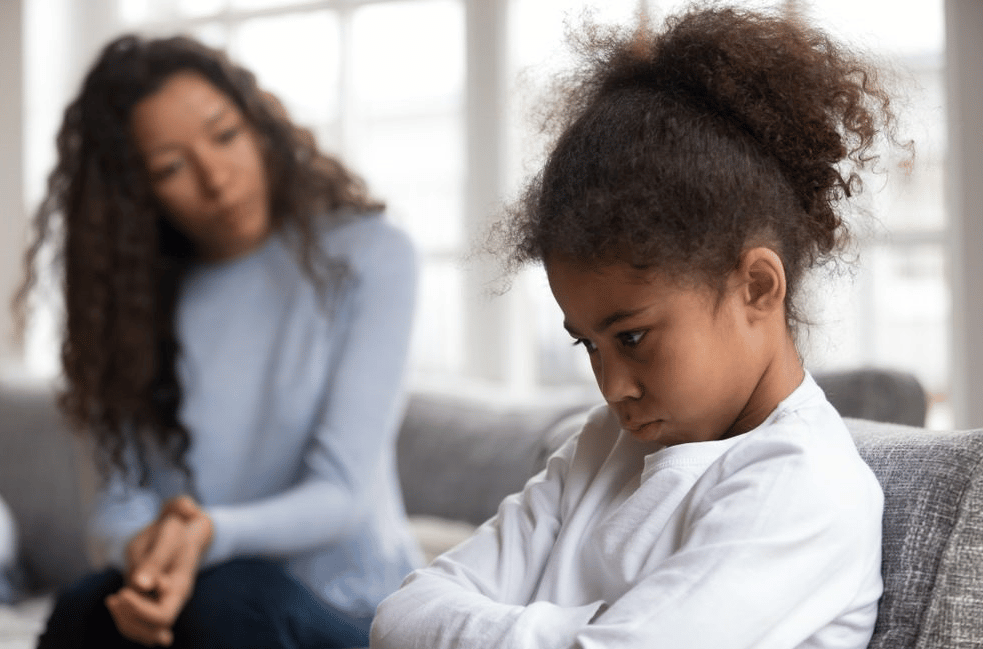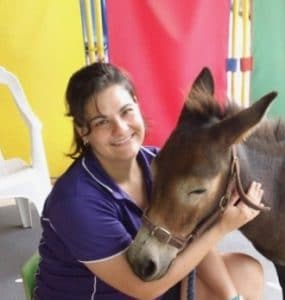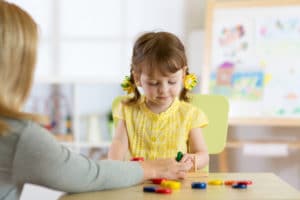Behavioural problems in children are common, however if you’re noticing increased problematic behaviour in your child, you may be wondering what’s causing this and how you can help manage difficult behaviour while providing support. Read on for some helpful information and tips.

What is considered a behavioural problema in children?
Most children are naughty from time to time. Your child might have the occasional tantrum or argue back once in a while, which isn’t unusual. Problems arise when these behaviours become a more frequent, even daily occurrence. Some common problematic behaviours include:
- Difficulty managing emotions, leading to outbursts, irritability, restlessness, impulsive or destructive behaviour, social withdrawal or rudeness
- Lying and stealing
- Low motivation and laziness
- Challenges to authority
- Decreased performance at school, regular fights or missing classes
- Increased thoughts of self-harm or suicidal tendencies in extreme cases
What might be causing my child's behavioural issues?
There are numerous reasons why a child might display behavioural problems. Identifying the cause can help in sourcing effective treatment.
If your child is under stress or has experienced trauma, they may fall into patterns of disruptive or problematic behaviour as a means of seeking attention.
Underlying health conditions, particularly visual, hearing or speech disorders, can be confusing or frustrating and lead to behavioural problems in some children too.
Complicated pregnancies or deliveries have been linked to problematic behavioural issues in children.
Does my child have a behavioural disorder?
If you notice behavioural problems in your child, you might wonder if they have a behavioural disorder. These disorders benefit from the treatment and support of a medical professional. Some common childhood behavioural disorders include:
• Oppositional defiant disorder (ODD)
• Conduct disorder (CD)
• Attention deficit hyperactivity disorder (ADHD)
• Learning disabilities
• Antisocial personality disorder
• Asperger’s syndrome
How can I help my child with behavioural problems?
If your child is displaying problematic behaviour, you’ll be pleased to know there are things you can do to help.
Be consistent
Consistency will help minimise confusion for your child. Reprimanding behaviours on one occasion and letting them slide at other times can send mixed messages and make it more difficult for them to know what’s right and wrong.
Limit empty threats and promises
Once you’re consistent, you also need to practice what you preach. If you make empty promises or threaten a punishment that never happens, your child will struggle to understand or predict possible consequences and won’t be motivated to behave well.
Persevere
Addressing challenging behaviour is hard. Try to remember that solutions won’t appear overnight, that your child is also struggling, that remaining patient is key, and that you can seek support if you need it.
Praise good behaviour
By addressing your child’s behavioural issues, you’re hoping to encourage good behaviour. It’s crucial you recognise good behaviour when it occurs, even with something as simple as a hug, so your child will begin to equate good behaviour with a positive outcome.
Choose Stepping Stones in Life Therapy Service for your child
There’s nothing wrong with seeking help as a parent or caregiver. With our child psychologists specialising in learning and behaviour of children, you’ve come to the right place.
At Stepping Stones in Life Therapy Service, we’re proud to offer a range of therapies to support our valued clients throughout the Northern Territory, and we’re committed to achieving the best outcomes for you and your family. Contact us today on 08 8985 6067.
Author

Barbara Kapser
Barbara Kapser is our psychologist at Stepping Stones in Life Therapy Service in Darwin. She's a member with the Australian Psychological Society and the Australian Association for Infant Mental Health.
She specialises in perinatal infant mental health, attachment disorders, developmental trauma and behaviour support.










